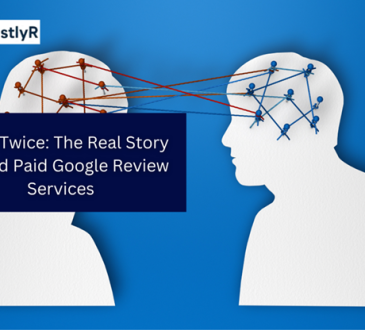
Artificial intelligence (ai) is no longer a futuristic concept but a present reality, especially in the field of accounting. As ai continues to evolve, it is dramatically reshaping the landscape of accounting, heralding a new era for professionals in the field. This transformative wave is not just about automating routine tasks; it’s about augmenting the role of accounting professionals, enabling them to provide more value-driven, strategic insights to businesses. This blog post explores the profound impact of ai on the next generation of accounting professionals, focusing on developments that go beyond the traditional boundaries of the profession.
The evolution of the accounting profession
The accounting profession has historically been perceived as highly technical, with a strong focus on compliance, reporting, and tax preparation. However, with the advent of ai, this perception is rapidly changing. A report by accenture suggests that 80% of accounting and finance tasks can be automated, signaling a significant shift in the nature of accounting work. This shift is not a displacement but an enhancement of the accounting profession, empowering professionals to take on more advisory roles.
Enhanced analytical capabilities
Ai equips accounting professionals with advanced tools for data analysis, enabling them to uncover insights that were previously inaccessible. Machine learning algorithms can sift through vast amounts of financial data, identifying trends, anomalies, and opportunities for optimization. This capability transforms accountants into strategic advisors who can offer predictive insights, drive business strategy, and contribute to decision-making processes with a depth of analysis that was previously unimaginable.
Real-time decision support
The integration of ai into accounting systems allows for real-time financial monitoring and analysis, providing businesses with immediate insights into their financial health. This development enables accounting professionals to offer real-time decision support, advising on financial matters as they unfold. The ability to analyze financial data in real time and predict future trends equips accountants to play a crucial role in steering businesses through volatile economic landscapes.
Customized financial solutions
Ai’s ability to process and analyze large datasets enables accounting professionals to offer customized financial solutions tailored to the unique needs of each business. By leveraging ai-driven analytics, accountants can develop personalized strategies for tax planning, cash flow management, and financial growth, adding a layer of personalization to financial services that enhances client satisfaction and loyalty.
Navigating regulatory complexity
With financial regulations becoming increasingly complex and dynamic, ai provides accounting professionals with the tools to navigate this complexity more effectively. Ai systems can monitor regulatory changes in real time, ensuring that businesses remain compliant with the latest financial laws and standards. This capability not only reduces the risk of compliance issues but also positions accountants as essential navigators of the regulatory landscape.
The future skill set of accounting professionals
The rise of ai in accounting necessitates a shift in the skill set required for the next generation of professionals. In addition to traditional accounting skills, professionals will need to be proficient in data analysis, understand the basics of ai and machine learning, and possess strong strategic thinking and advisory capabilities. Soft skills such as communication, ethical judgment, and adaptability will also become increasingly important as the role of accountants evolves from number-crunchers to strategic business advisors.
Conclusion
Ai is not just transforming the tools and techniques of accounting; it is reshaping the very role of accounting professionals. By automating routine tasks and providing advanced analytical capabilities, ai is enabling accountants to focus on strategic advisory roles, offering deeper insights and more personalized financial solutions. As we move into the future, the next generation of accounting professionals will be at the forefront of business strategy, equipped with ai-driven tools that enhance their value and impact. The future of accounting is here, and it is powered by ai, heralding a new era of strategic, data-driven decision-making in the world of business.




